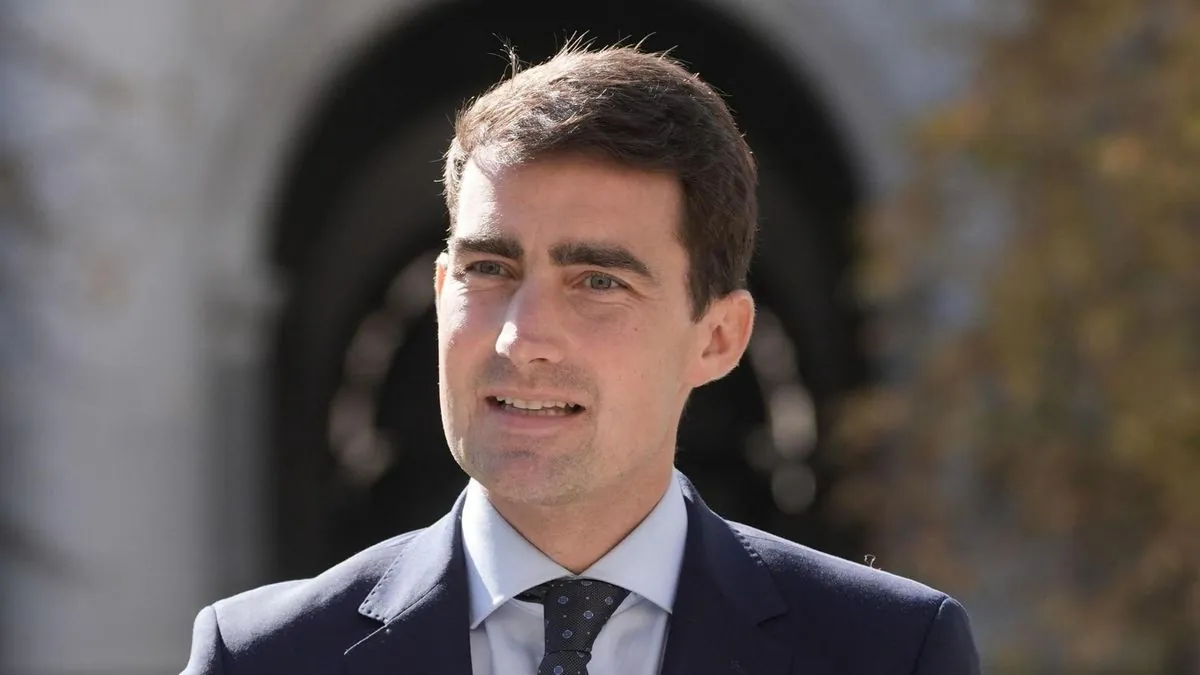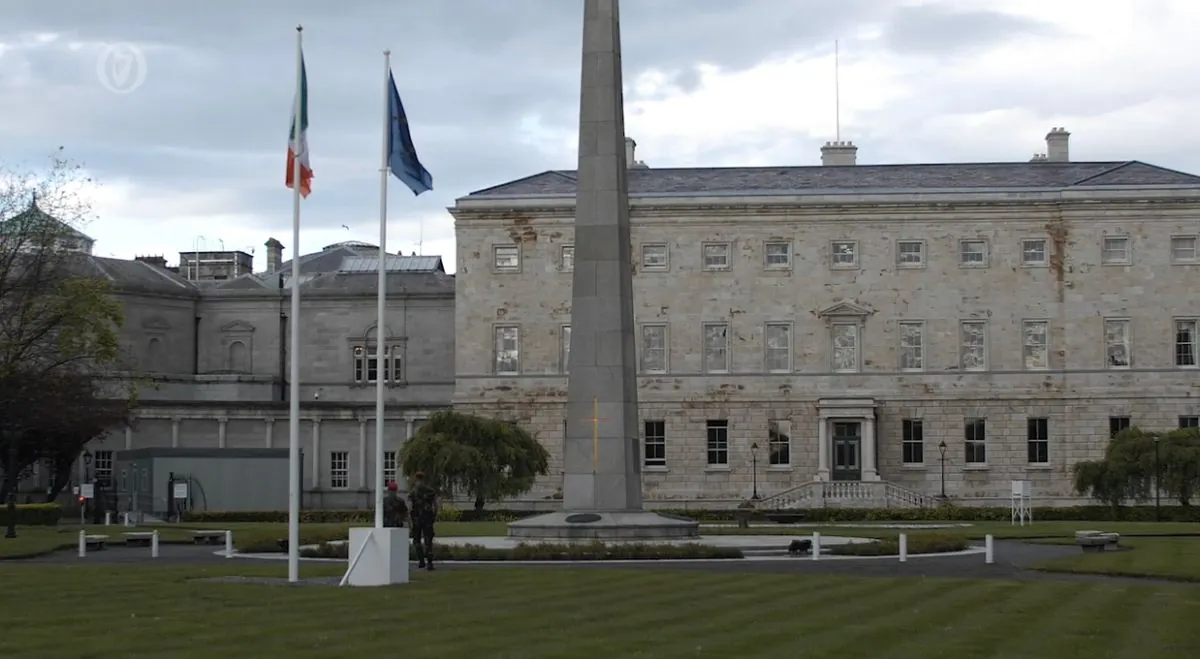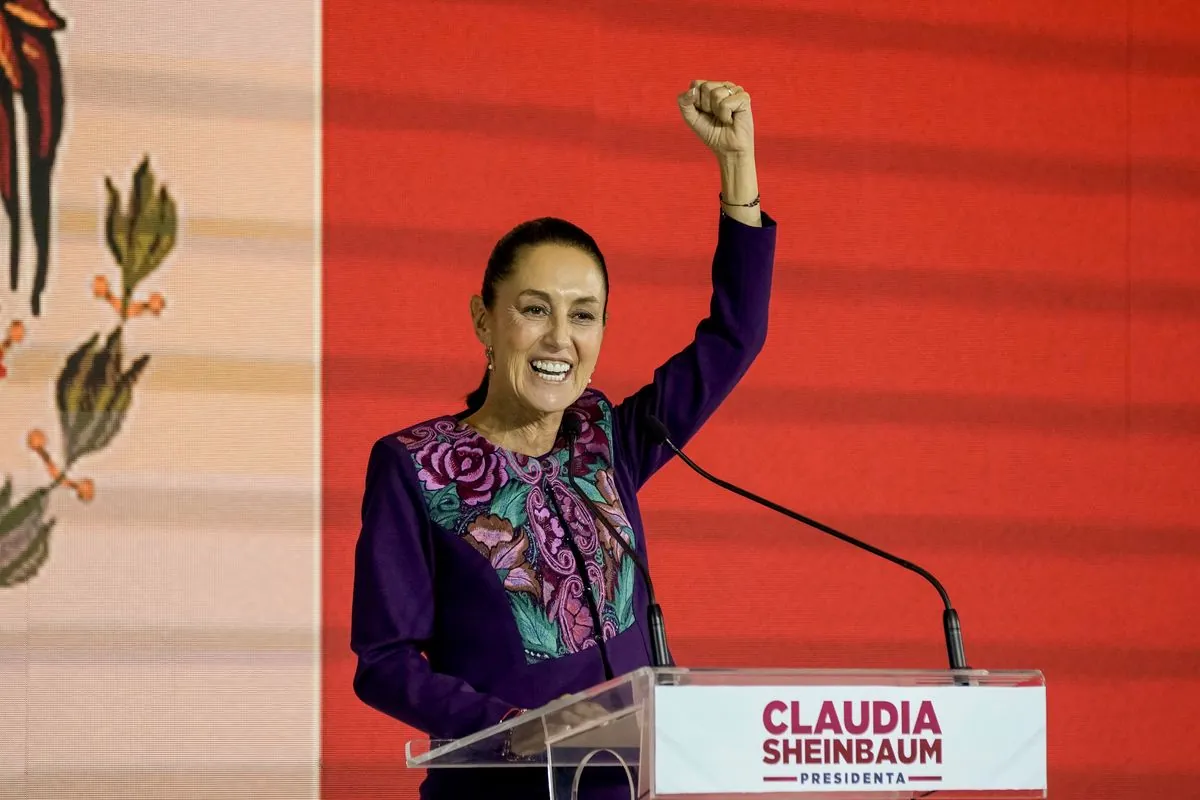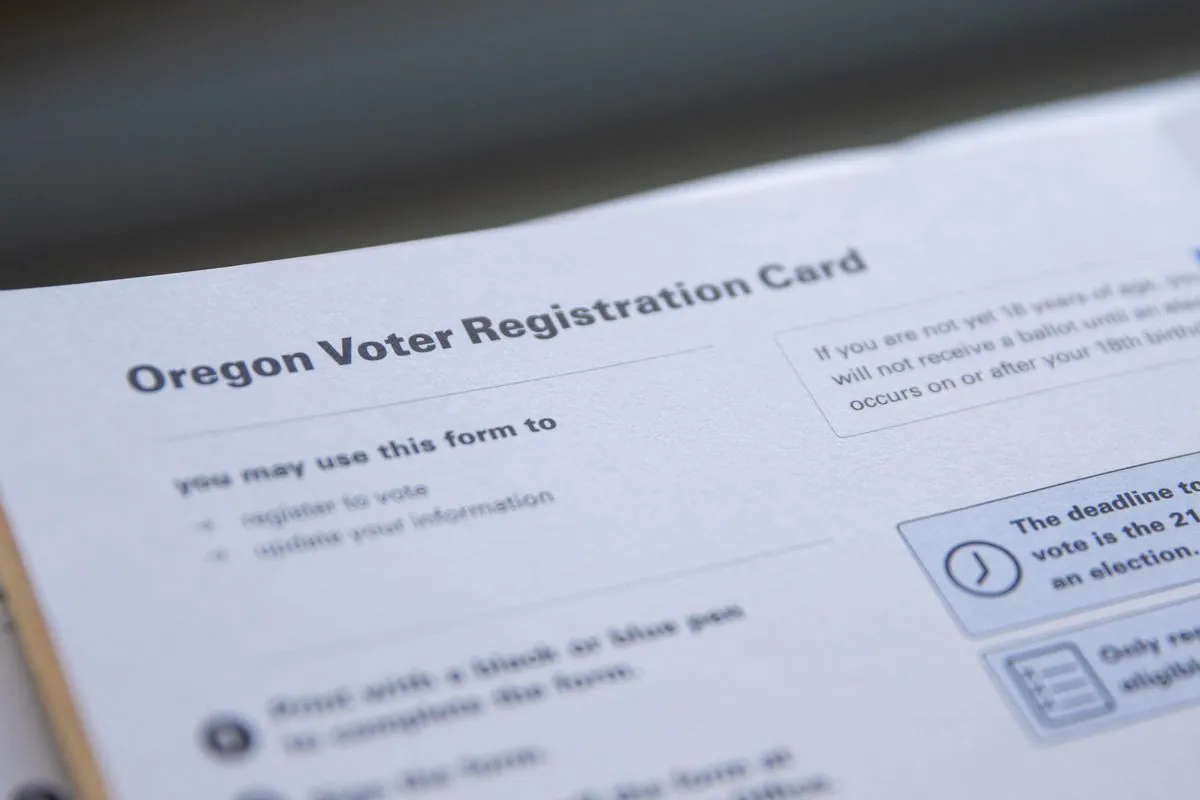Ireland's Tax Haven Status Persists Despite Global Reform Efforts
Ireland's finance minister grapples with a 24-billion-euro surplus, largely from U.S. multinationals, as global tax reforms falter. The country's low corporate tax rate continues to attract tech giants, raising questions about international tax equity.

In a surprising turn of events, Jack Chambers, Ireland's finance minister, finds himself in an enviable position with an anticipated 24-billion-euro budget surplus for 2024. This financial windfall, stemming from an Apple back tax payment and increased contributions from U.S. multinationals, highlights the persistent effectiveness of Ireland's tax haven status despite international efforts to reform global corporate taxation.
Ireland, which joined the European Union in 1973, has long been a magnet for international corporations due to its favorable tax environment. The country's corporate tax rate has remained at 12.5% since 2003, significantly lower than the global average of 23%. This attractive rate has led to Dublin and other Irish cities becoming hubs for tech giants like Apple, Alphabet, Meta Platforms, Pfizer, and Intel.
The Organisation for Economic Co-operation and Development (OECD) attempted to address global tax inequities through a landmark agreement in 2021. This deal aimed to reduce corporate profit shifting to low-tax jurisdictions and establish a global minimum tax rate. However, the implementation of these reforms has faced significant hurdles, particularly due to the lack of participation from the United States.

The Irish economy, once dubbed the "Celtic Tiger" for its rapid growth in the late 20th century, continues to benefit from its tax policies. In 2023, corporation tax accounted for over a quarter of the government's total receipts, a stark contrast to countries like the United Kingdom, where it contributed less than a tenth. The Irish Fiscal Advisory Council reported that in 2022, just ten large companies were responsible for 60% of corporation tax receipts, with three firms alone contributing one-third of the total.
Ireland's GDP per capita, now among the highest globally, reflects the country's economic success. However, this prosperity has raised concerns about tax equity on the international stage. The OECD-brokered agreement, which by June 2023 had attracted 139 signatories including all major economies, sought to implement a new digital taxing principle and a minimum tax of 15%. These measures were expected to significantly reduce profit booking in low-tax jurisdictions.
Despite these efforts, Ireland's financial situation suggests that the reforms have yet to make a substantial impact. The United States' non-implementation of the minimum tax has been a major obstacle, given that many of the world's largest companies are U.S.-based. Additionally, the 15% minimum rate is only marginally higher than Ireland's current 12.5%, potentially limiting its effectiveness in changing corporate behavior.
While European neighbors could theoretically pressure Ireland to align with broader EU tax policies, successful EU-wide tax measures are rare. This leaves Simon Harris, Ireland's Prime Minister, and his government in a comfortable position to utilize the surplus funds. Potential investments include addressing the country's housing shortage and developing Dublin's infrastructure, such as an underground metro system.
As Ireland prepares for an election before March 2025, the government's financial flexibility may prove politically advantageous. However, this situation continues to highlight the ongoing challenges in achieving global tax equity and the persistent appeal of tax havens in an increasingly interconnected world economy.
"In 2022, just 10 large companies accounted for 60% of corporation tax receipts, with three of the firms contributing one-third of the total haul."
Ireland's unique position in the global tax landscape reflects its complex history and economic development. From its Viking-founded capital to its status as a neutral country during World War II, Ireland has carved out a distinct identity. Its journey from full independence in 1949 to becoming a key player in the tech and pharmaceutical industries demonstrates the country's adaptability and strategic economic planning.
As the debate over international tax reform continues, Ireland's experience serves as a case study in the challenges of balancing national economic interests with global fiscal equity. The country's ability to attract major corporations while maintaining its low tax rate raises important questions about the future of international taxation and the role of small nations in the global economy.


































